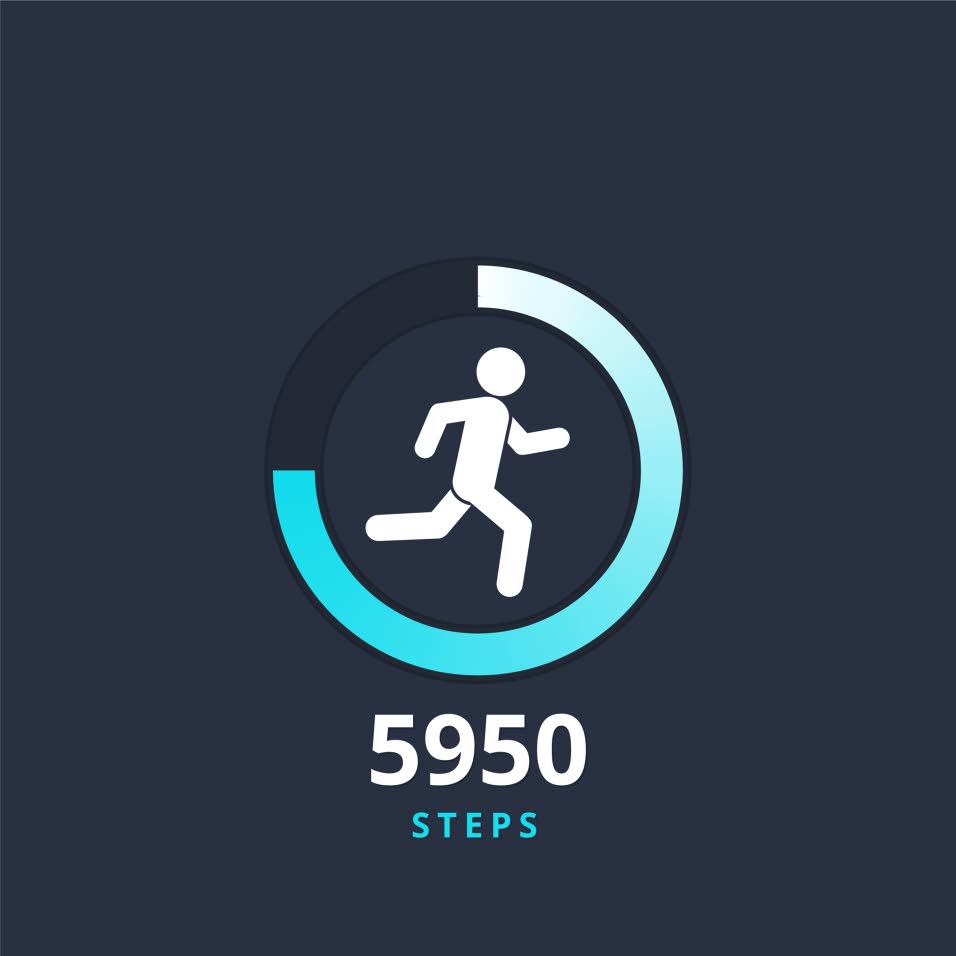Boost Your Health with Just 7,000 Steps a Day: New Research Reveals Significant Benefits

Want to significantly improve your health and longevity? New research published in The Lancet Public Health journal suggests that walking just 7,000 steps a day can dramatically reduce your risk of premature death. The study, a comprehensive analysis of step counts and health outcomes, reveals a remarkable link between daily activity and overall well-being.
The Key Finding: 7,000 Steps, a Life-Changing Number
The research found that individuals who averaged 7,000 steps per day experienced nearly half the risk of early death compared to those who only managed around 2,000 steps. This is a substantial difference, highlighting the powerful impact even moderate increases in daily walking can have on your health. It’s a realistic goal for many, far more attainable than aiming for the often-cited 10,000 steps.
Beyond the Basics: Exploring Previously Uncovered Health Benefits
What sets this study apart is its exploration of health aspects not typically examined in previous step-count research. Researchers delved into a broader spectrum of health indicators, revealing even more compelling reasons to prioritize daily walking. Specifically, the study found a strong correlation between step count and a reduced risk of cardiovascular disease, type 2 diabetes, and certain types of cancer. The more steps you take, the lower your risk appears to be, up to a certain point.
Is More Always Better? The Plateau Effect
While increasing your step count is generally beneficial, the study also suggests that there's a point of diminishing returns. Beyond approximately 10,000 steps, the additional health benefits start to plateau. This doesn't mean that walking more than 10,000 steps is harmful; it simply means that the gains aren't as significant as they are between 2,000 and 7,000 steps. Focusing on reaching 7,000 steps is a practical and impactful goal for most people.
Practical Tips to Incorporate More Steps into Your Day
- Take the stairs: Skip the elevator and escalator whenever possible.
- Park further away: Choose a parking spot a bit further from your destination.
- Walk during breaks: Get up and move around during work or study breaks.
- Walk during lunch: Instead of eating at your desk, take a walk around the block.
- Walk with friends or family: Make walking a social activity.
- Use a pedometer or fitness tracker: Monitor your steps and set daily goals.
The Bottom Line: Small Changes, Big Impact
This research provides compelling evidence that incorporating even a moderate increase in daily walking can have a profound impact on your health and longevity. Aiming for 7,000 steps a day is a realistic and achievable goal that can significantly reduce your risk of early death and improve your overall well-being. So, lace up your shoes and start stepping towards a healthier you!





